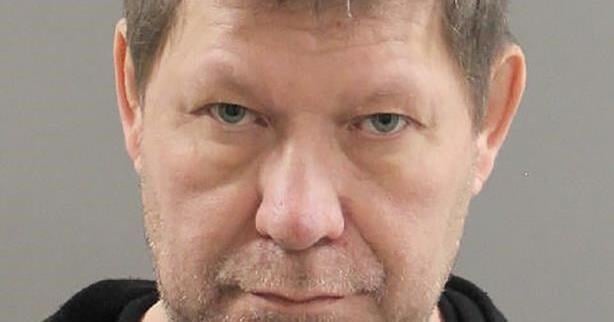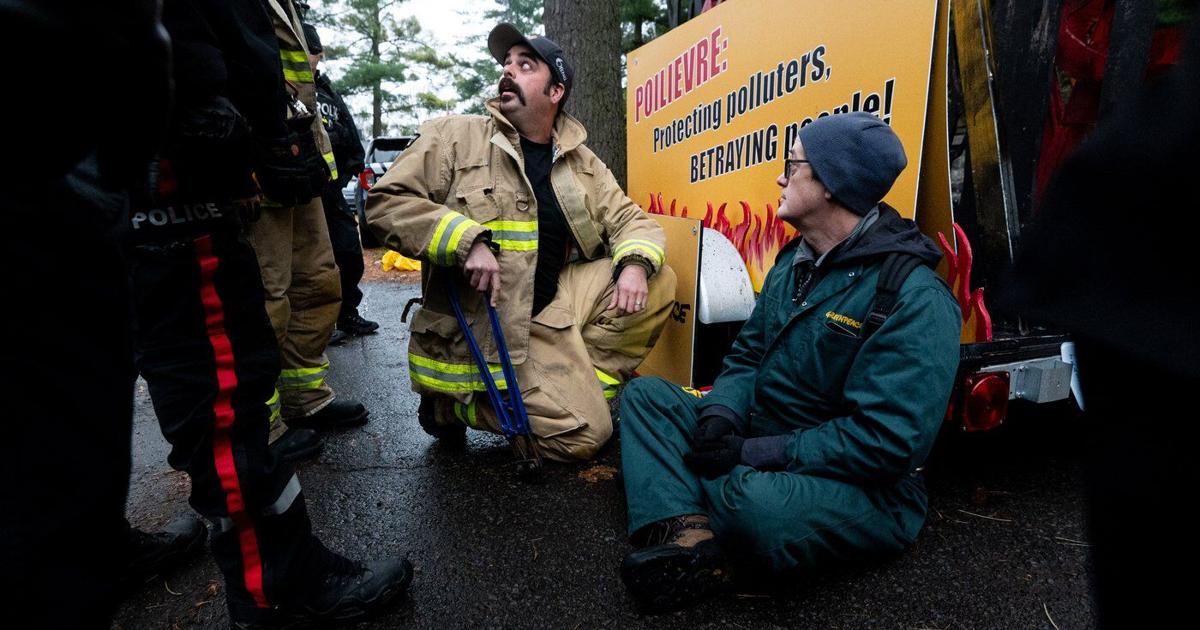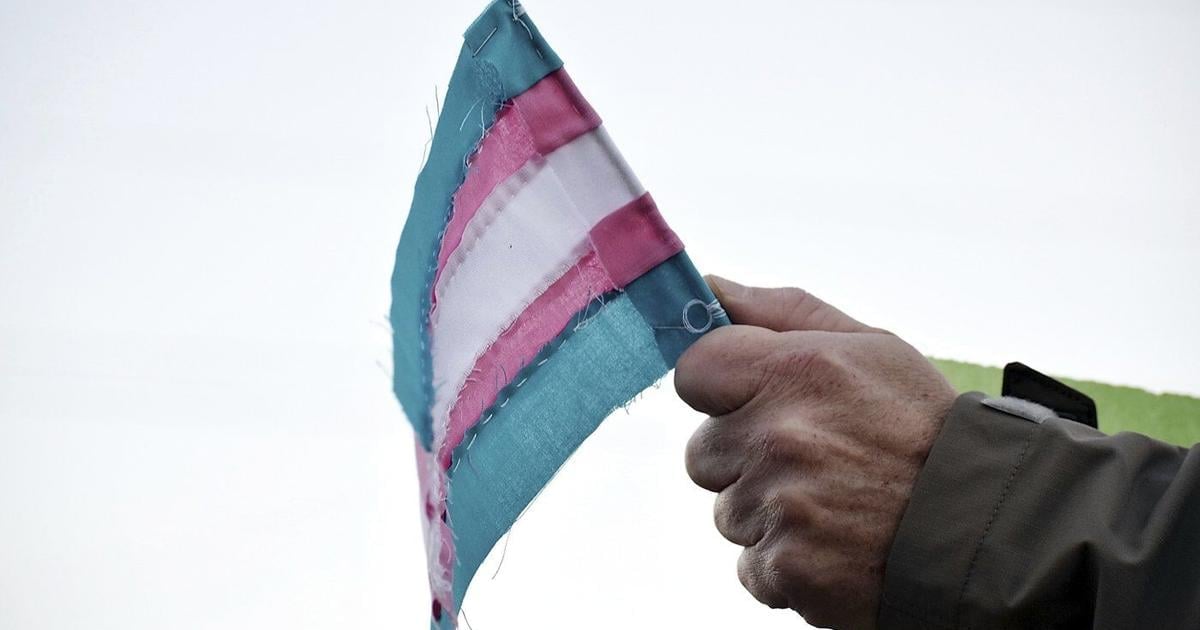WINNIPEG – A man who pleaded guilty to second-degree murder in the deaths of his common-law partner and their two children is to serve a life sentence with no parole eligibility for 16 years.
Court of King’s Bench Justice Chris Martin agreed Thursday to a joint recommendation from Crown and defence lawyers at the sentencing hearing for Trevis McLeod in Winnipeg.
“It’s horrible, just horrible,” the judge told court, calling it “one of the worst cases I’ve dealt with in my career.”
“At the end of the day, nothing takes away the pain, nothing takes away the shock.”
McLeod, 52, admitted in September to the slayings after a forensic assessment found he had not suffered from a mental disorder.
Shantelle Murphy, 32, Isabella Murphy, 6, and three-year-old Mason Murphy were found dead in the family’s duplex in Portage la Prairie, west of Winnipeg, on April 10, 2022.
Fire crews were initially called to the home after neighbours reported the unit was ablaze. Firefighters would later find the three victims dead in two upstairs bedrooms.
Court heard the woman and two children “suffered substantial blunt force trauma to the head and body.”
McLeod had a history with drug addiction that led to drug-induced hallucinations and delusions. He had previously received medical treatment for paranoia and drug addiction.
At the time of the slayings, McLeod was experiencing delusions that Shantelle Murphy and other “bad actors” were sexually abusing Isabella and Mason, court heard.
A psychiatric assessment in the summer determined McLeod had not experienced a mental disorder that would find him not criminally responsible for the killings. McLeod didn’t contest the report.
An agreed statement of facts detailed what unfolded the morning of the deaths.
McLeod told a psychiatrist shortly after his arrest that he believed a scheme existed to sexually traffic Isabella and Mason, Crown prosecutor Dayna Queau-Guzzi previously told court.
McLeod said he believed he needed to kill the children to protect them from further exploitation, Queau-Guzzi said.
McLeod admitted to having seven or eight beers at the family home. He found a metal pipe and used it to bludgeon Murphy and the two children.
Before leaving the house, McLeod woke his adult son from a previous relationship, who was sleeping in a bedroom on the main floor, and lit some of Isabella’s school drawings on fire in the living room.
McLeod’s older son left to go a relative’s home nearby. Court heard McLeod then visited several other homes in Portage la Prairie.
He first went to his brother’s house and banged on a window. The brother knew McLeod struggled with a methamphetamine addiction and assumed he was “methed right out,” Queau-Guzzi read from the statement of facts.
The brother did not allow McLeod in the home and reported hearing McLeod say, “They’re dead.”
McLeod then went to his sister’s house, where he pointed at her and told her, “This is all your fault,” before punching her in the face. Police were called shorty after the interaction.
Court heard McLeod eventually made his way to a stranger’s home, telling the owner that he needed help after he had been pushed into a ditch. The owner called her firefighter husband, who was working on the blaze at McLeod’s home.
McLeod was arrested soon after.
Police found blood on McLeod’s shirt, sweater, jacket and pants. He was also carrying a knife.
Forensic testing determined blood on his sweater belonged to Murphy and Isabella. None of the victims’ blood was found on the knife.
A finding of second-degree murder comes with a life sentence with no chance of parole for at least 10 years.
Queau-Guzzi had said the Crown agreed with the 16-year parole ineligibility period so the family wouldn’t have to endure a trial.
This report by The Canadian Press was first published on Oct. 24, 2024.
























